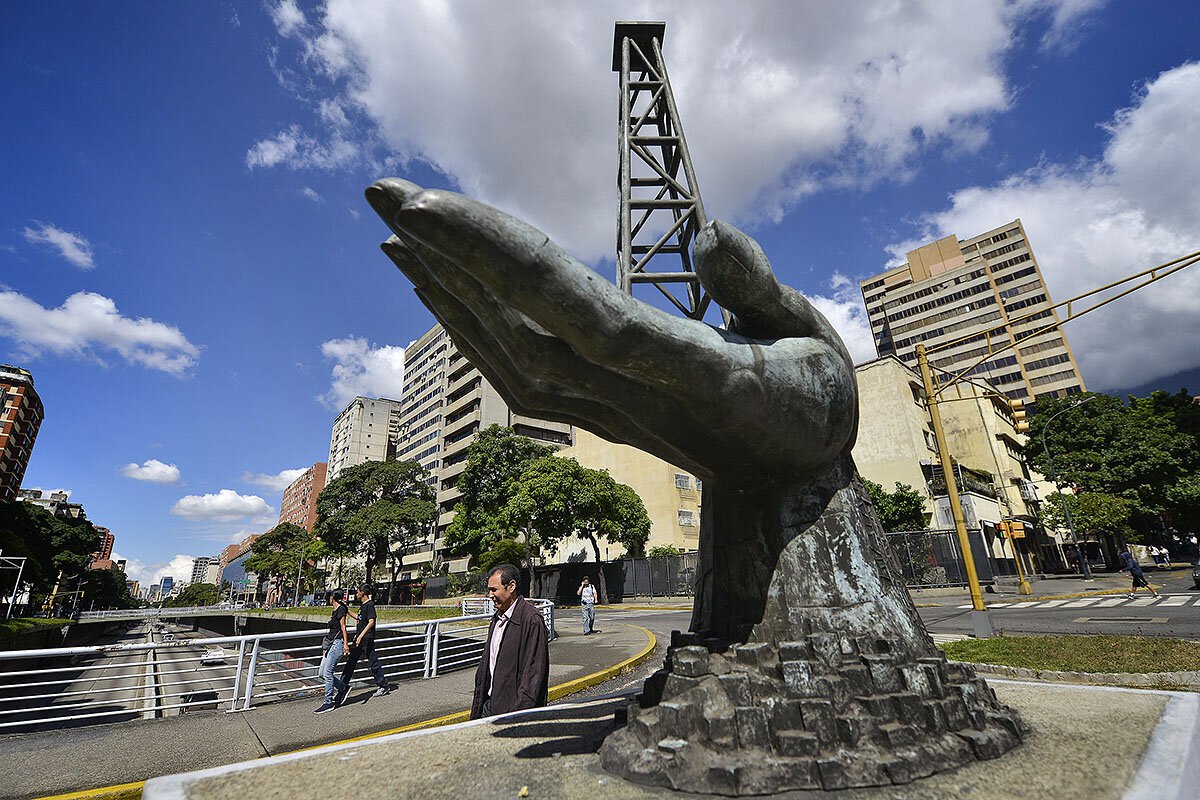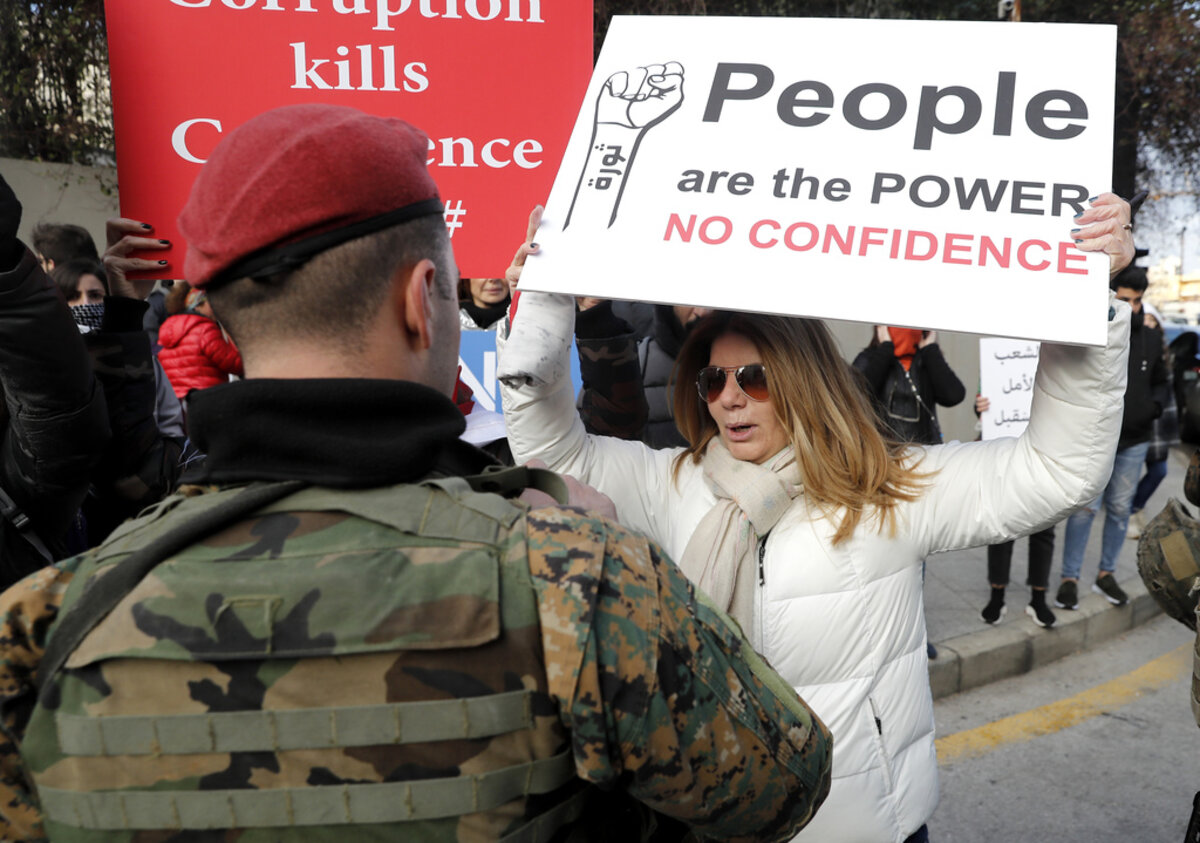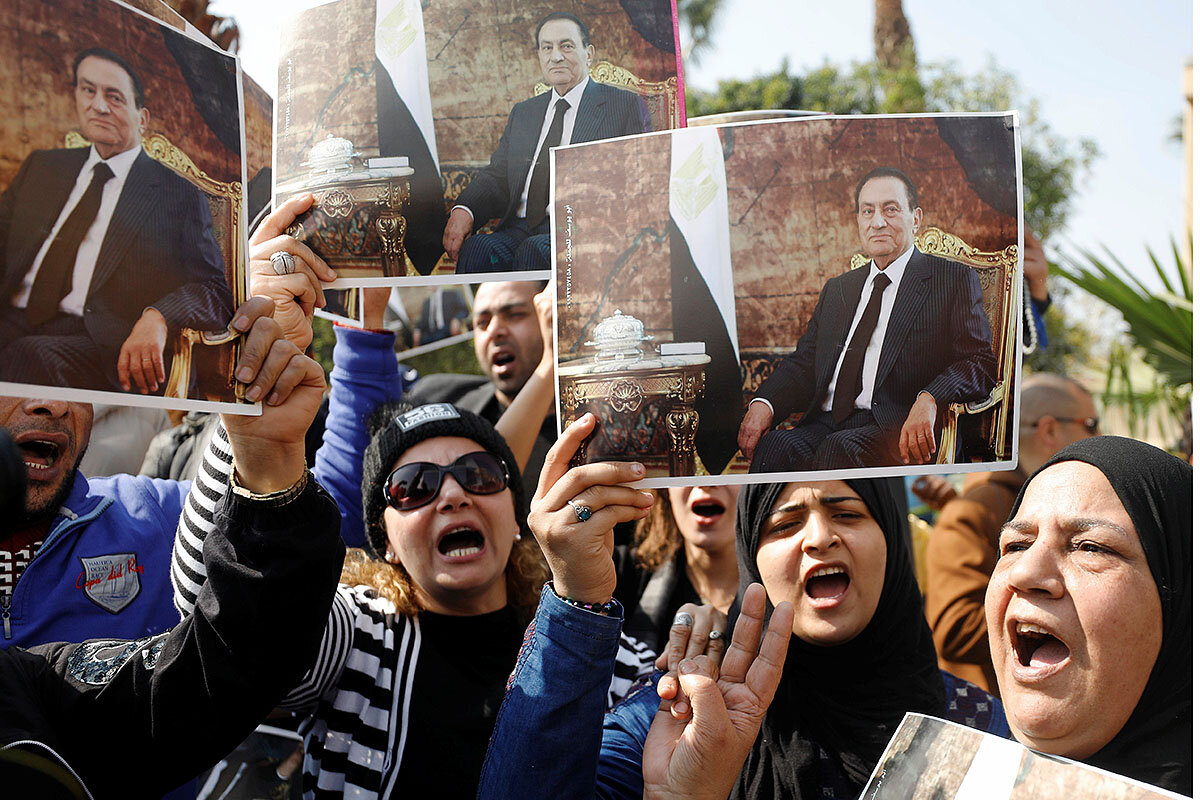In recent primaries, black South Carolinians have swung heavily for the eventual nominee. This time around, though, it’s apparent that they shouldn’t be viewed as a single voting bloc.
Monitor Daily Podcast
- Follow us:
- Apple Podcasts
- Spotify
- RSS Feed
- Download
 Mark Sappenfield
Mark Sappenfield
Today’s stories offer a nuanced look at how South Carolina’s black voters are viewing the primary, the shifting political scene in Venezuela, the Amazon through farmers’ eyes, questions about ride-sharing for kids, and a book on Alfred Hitchcock’s “Phantom Lady.”
An outbreak of anti-Muslim violence this week in Delhi might seem familiar – the latest flare-up in centuries-old religious tensions. But it matters far beyond India.
India is a miracle of the modern world. No other nation has a greater diversity of ethnicities, religions, and languages living peacefully and democratically. The British said it would collapse without them. But Mohandas Gandhi turned that into a challenge for his people: “No amount of speeches will make us fit for self-government, it is only our conduct that will fit us for it.”
From that challenge came India’s unique spirit of secularism – a deep-rooted commitment to respecting all religions. The riots this week, considered the worst in decades, point to the need to uphold that legacy unequivocally. Prime Minister Narendra Modi’s party is expressly pro-Hindu and recently passed policies that hundreds of thousands of protesters have said are anti-Muslim. Now, BBC reports that local authorities did little this week to stop attacks against Muslims and Delhi-area mosques in which more than two-dozen people were killed.
Since independence, India has shown by its conduct how a respect for all can help a diverse nation stay together. This week suggests Gandhi’s message remains as urgent and universal as ever.










